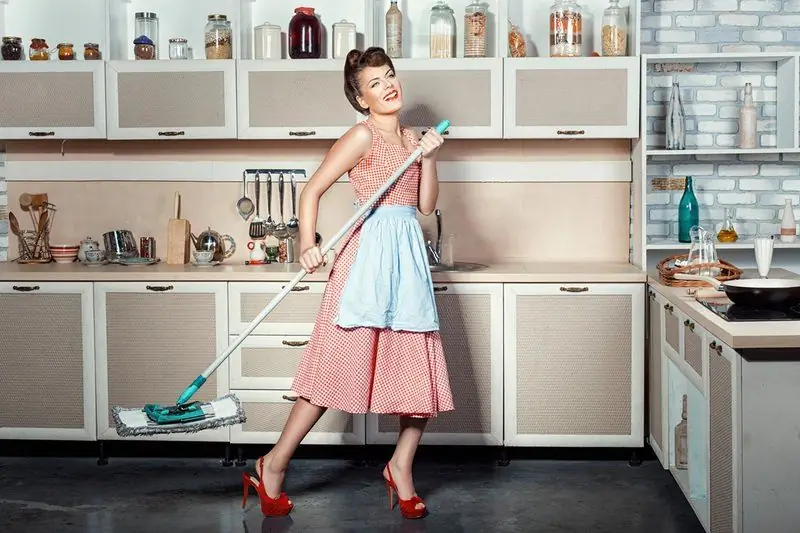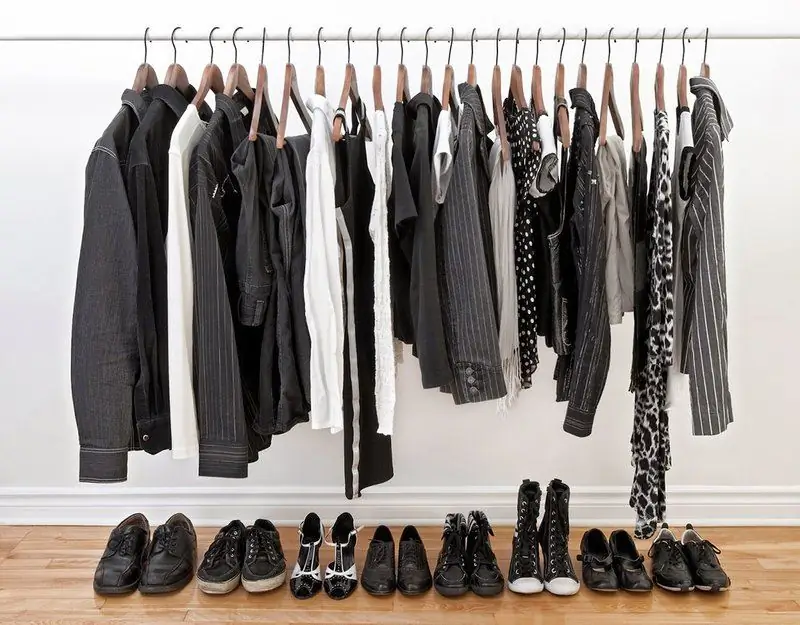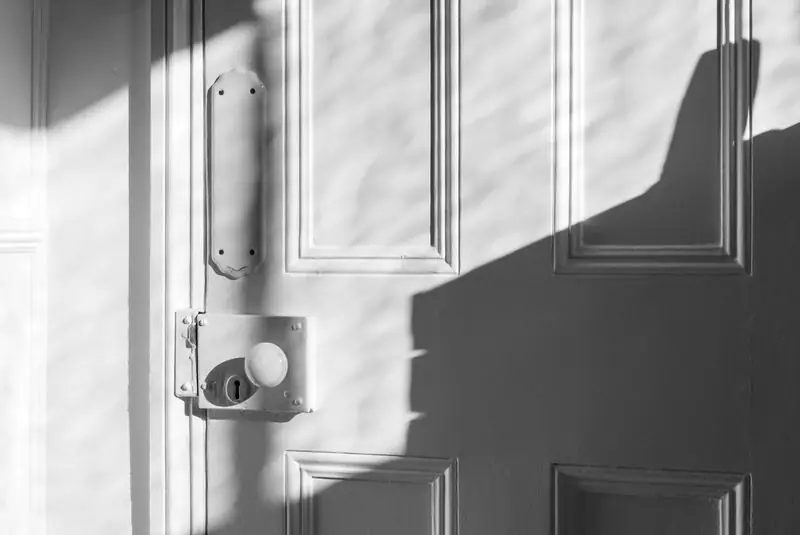
Table of contents:
- Author Bailey Albertson albertson@usefultipsdiy.com.
- Public 2023-12-17 12:53.
- Last modified 2025-01-23 12:41.
"Beautiful and dangerous": why you can't keep orchids at home

The widest variety of shapes and shades of flowers have led to the popularity of orchids among indoor plant lovers. But some refuse to keep flowers at home, even despite their decorativeness, because many negative signs are associated with them.
Why you shouldn't keep orchids at home
Beautiful orchids are considered dangerous plants among superstitious and suspicious people, which are strongly discouraged to keep at home.
From the realm of the irrational
Feng Shui strongly discourages keeping orchids in living quarters. This is justified by the fact that the flower is an epiphyte. It does not need soil for growth; the roots suck out the necessary moisture and nutrients from the air. It is believed that at the same time the plant draws energy from the surrounding space and nearby people, that is, it is a "vampire".

According to the philosophy of feng shui, the roots of the orchid draw out from the surrounding space not only moisture and nutrients, but also vital energy.
But in the office and in the study, the orchid is the place. A well-chosen shade of petals will help to correct individual character traits and provide support:
- red (increases performance, physical and mental, helps to cope with laziness);
- purple (supports a healthy lifestyle, helps to quit bad habits);
- yellow ("attracts" material wealth and career success);
- orange (gives a boost of energy to implement plans);
- white and pink (restoring mental balance, fighting depression).

A properly colored orchid can significantly help in achieving life goals.
The orchid is considered an exclusively female flower. It affects the male aura negatively, up to the oppression of libido. It is also believed that the flower affects the character of a man, giving him certain feminine features inherent in the mistress of the house. This is especially dangerous for boys - their personality is in the process of formation. If you are not ready to throw it away, you can minimize the effect of the orchid by moving the plant to a room where a man is least likely to visit.

If you cannot give up orchids, place them so that the men living in the house have as little contact with them as possible.
The flower is not suitable for every woman. An orchid will only add brightness and attractiveness to a strong, self-confident lady, will help to preserve youth for a long time, becoming an excellent "support". But in quiet, flexible and vulnerable women, the plant, on the contrary, takes away the remnants of energy, further aggravating their characteristic self-doubt, indecision and anxiety.

Orchids "get along well" with strong women, for not confident ladies - this is not the best choice of indoor plants
Video: omens and superstitions associated with orchids
The arguments of reason
There is an objective reason to remove orchids from the house (more precisely, from the bedroom). Persistent specific aroma and pollen emitted by flowers in large volumes negatively affect health and psyche.

Official science and mysticism agree that there is no place for an orchid in the bedroom
This is manifested in the following:
- irritability, anxiety, unreasonable suspicion, anxiety, unexplained attacks of fear;
- loss of mental strength, invariably bad mood, apathy, lethargy, depression;
-
trouble sleeping, sometimes even insomnia;

Insomnia in a woman Sleep problems are one of the most common consequences of having orchids in the bedroom.
- migraine attacks (often it becomes chronic), nausea and dizziness;
- allergic reactions (runny nose, cough, tears, and so on, up to attacks of suffocation and Quincke's edema).

Orchid pollen, coupled with an exotic aroma, can not only cause allergies, but also negatively affect the psyche.
The flowering of orchids is simply amazing. Therefore, many growers are not ready to give up their favorite plant, despite the negative signs concerning it. Of course, you should not go so far as fanaticism - if you notice changes for the worse in the state of health (of your own or of your household), it is better to get rid of the flower.
Recommended:
Why You Can't Plant Christmas Trees On The Site And Near The House: Signs And Facts

Why is it considered that you cannot plant trees on the site and near the house. Objective reasons. Signs and superstitions
Why You Can't Why You Can't Wash Floors On Friday: Signs And Facts

Why you can't wash floors on Friday: signs and superstitions. The opinion of the mystics and Orthodoxy
Why You Can't Wear Someone Else's Clothes And Shoes: Signs And Facts

Why you can't wear someone else's clothes and shoes: signs, opinion of esotericists and doctors
Why You Can't Wash Floors In The Evening And At Night: Signs And Facts

Signs of cleaning in the dark. Justification of beliefs from the point of view of science
Why You Can't Greet And Pass Things Over The Threshold: Signs And Facts

Why is it considered that through the threshold it is impossible to greet and transmit anything. Does prohibition have rational roots?
